Study Abroad Resource Center helps students
February 26, 2016
Students looking to study abroad have a world of options, but deciding where to go and how to get there can seem like a difficult task. The first destination students can look to weigh their overseas options is no further than Hargreaves Hall.
Uncertainties of cost, program selection and the fear of traveling can be enough to hamper any thoughts of wanting to study abroad. Before her study abroad experience in Cape Town, South Africa, EWU senior Lesley Reckord said she did not know anything about the process of studying abroad until talking to a study abroad adviser. “She explained how everything would work, the process was quite easy,” Reckord said.
Courtney Anderson, study abroad assistant, said students often come in with the idea of wanting to study abroad, but have a limited understanding of how to pay for it and what program to choose.
Most financial aid is applicable to Study Abroad. Federal Pell Grants, State Need Grants, the Stafford loans, the Perkins Loan and the Parent-Plus loan can all be applied to, if not cover the entire cost of, studying abroad.
Scholarships from outside sources can also be utilized to help with the cost of studying abroad. The most common study abroad scholarship EWU students apply for is the Benjamin Gilman Scholarship provided by the U.S. Department of State. The Gilman is a financial need-based scholarship, with certain eligibility requirements.
Working to make Study Abroad more accessible to EWU students, study abroad adviser Elena Axton created a Gilman Scholarship Prep Program in the spring of 2012. “In the last four years, there have been 24 Eastern students awarded the Gilman Scholarship for a combined total in funding of almost $100,000,” Axton said.
EWU junior Robert Wright spent last spring in Chengdu, China, and said he thinks studying abroad is much more accessible than what some students think. “Studying abroad can actually be cheaper than spending a quarter here, but it takes a lot of will to step on the plane and leave the country,” Wright said.
Aside from the financial reasons, another factor that seems to limit involvement is the choice of major. Anderson said some of the most common majors to study abroad are social studies, humanities, international relations and business majors, even though programs are offered for all majors.
“We’ve been trying to get other majors involved as well,” Anderson said.
Reckord said she believes students of all majors would find it beneficial to study abroad. “My friends in Cape Town did internships with architecture companies, local schools, law offices, financial institutions, nonprofit organizations and public health organizations,” Reckord said.
The experiences acquired through studying abroad are not only reserved for memories, photo albums and a few credits.
“Oftentimes students come back with a lot of experiences that students who haven’t studied abroad wouldn’t have and that sets them apart when looking to apply for jobs,” Anderson said.
“The new experiences, the new outlook on life, they are worth all the fuss and trouble,” said Wright. “If you devote yourself to trying new things, you will benefit from the experience.”
The programs offered are wide-ranging and the experiences are one of the unique perks of being a college student. Two of the more popular destinations at EWU are the faculty-led programs that explore Spain and Costa Rica.
Aside from faculty-led programs, students can explore direct enrollment options with other universities that Eastern has a relationship with. Independent third party organizations are also provided, offering a wide selection of destinations, although they are typically more expensive.
More information about Study Abroad Programs can be found by accessing the Study Abroad Resource Center in Hargreaves Hall or by going onto the EWU Global website. The next Study Abroad Fair is on April 13 in the University Recreation Center.
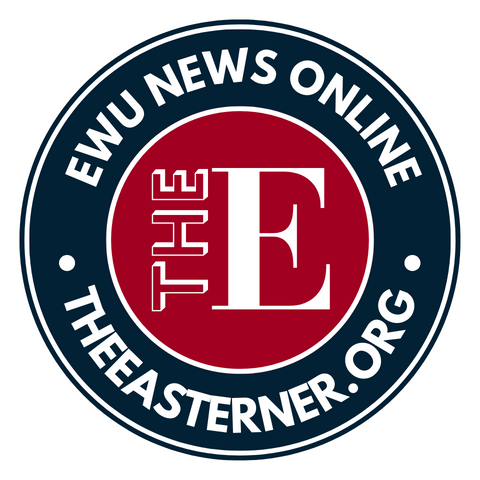
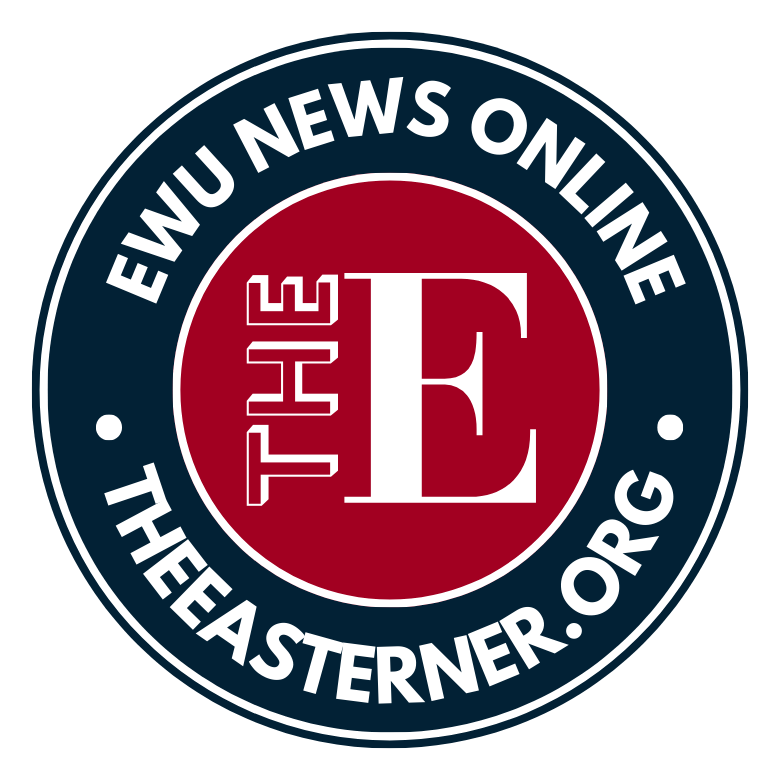






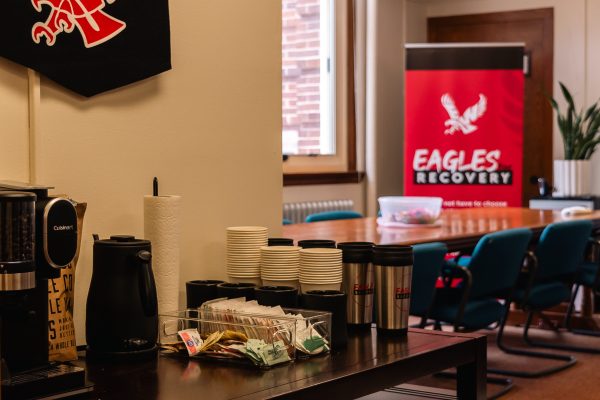
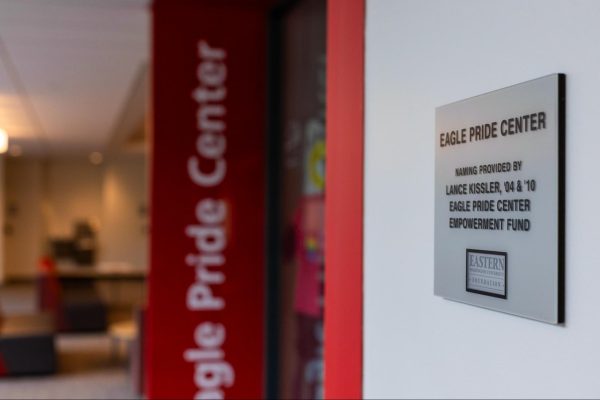

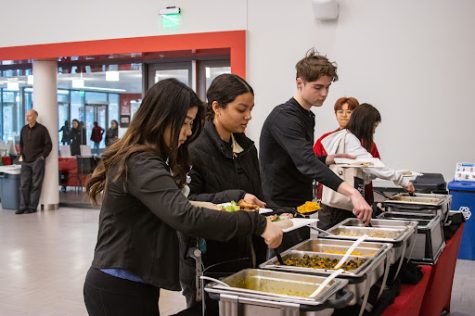




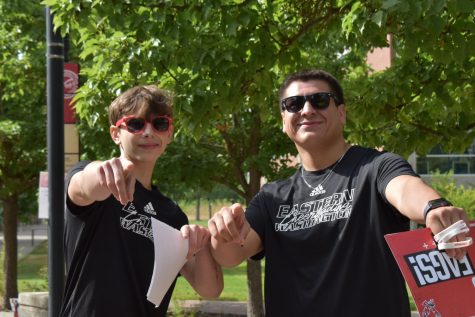


Tenzin • Mar 12, 2016 at 9:13 am
I am currently studying in India but I want to study abroad. I don’t know how to apply and fee structure, programmes. If I could get any help it would be great. Thank you.
Olga Baron • Apr 7, 2016 at 10:47 am
Hello Tenzin,
Thank you for your interest in Eastern Washington University. If you are interested in studying in our university, you would be coming in as an international student on F1 student visa. The details about admissions, fees and programs are available on our website at http://www.ewu.edu/undergrad/international.
I will be happy to answer any other questions you may have. Please feel free to contact me directly via email at [email protected] or skype: baron_ogi.
Best regards,
Olga Baron
Director, International Student Services
Eastern Washington University